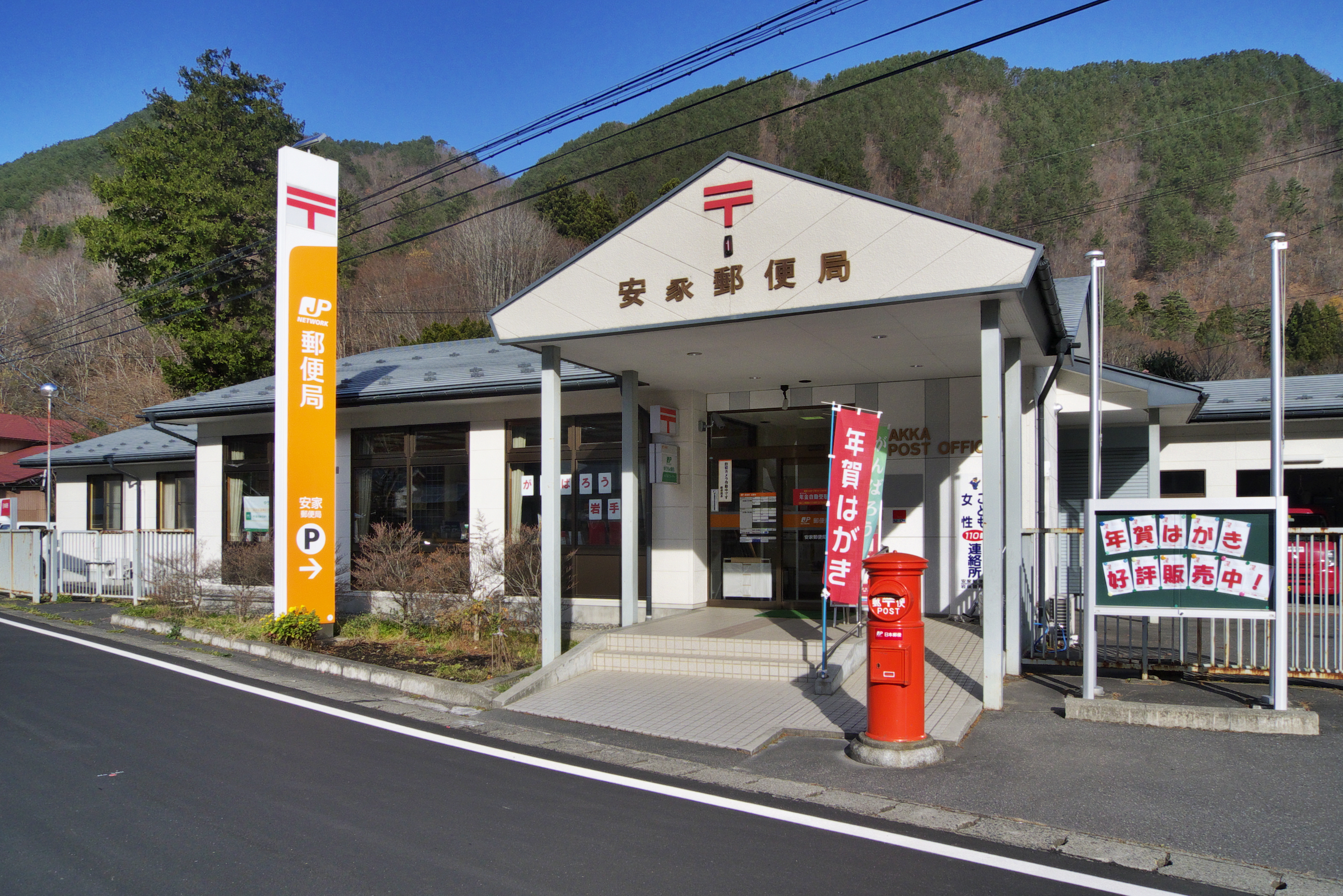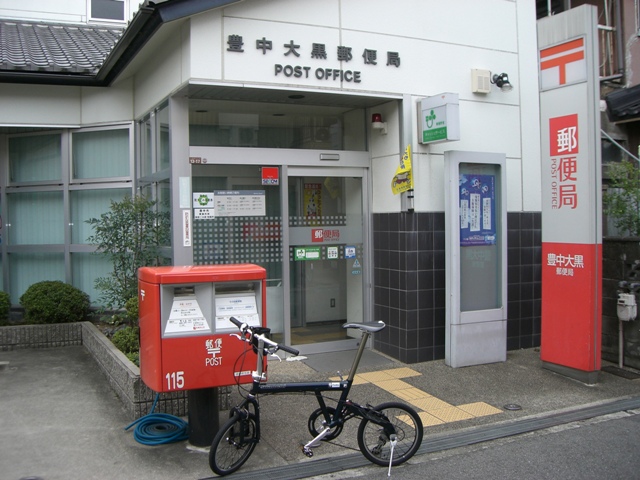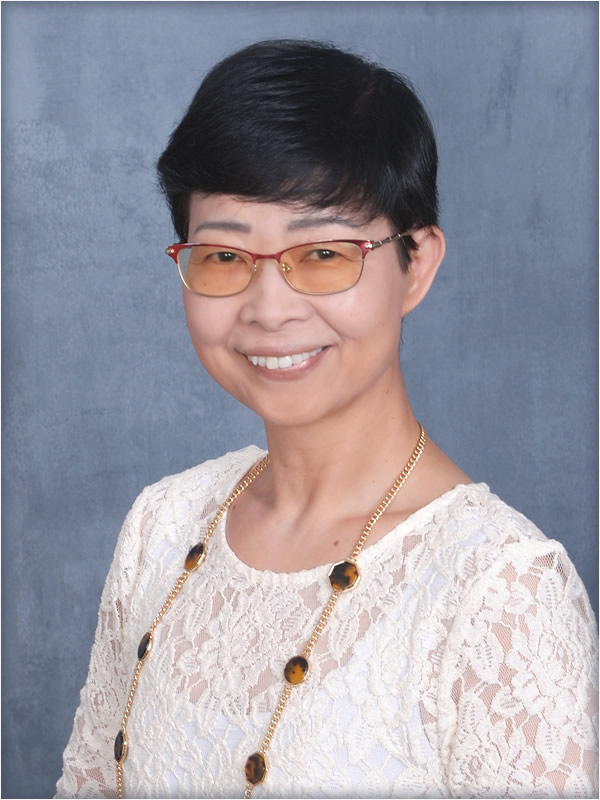Q: How different is “Watashi-wa Ikimasu. (「わたしはいきます。」) “
from “Watashi-ga Ikimasu. (「わたしがいきます。」)” ?
A: Very different.
“Watashi-wa Ikimasu.” is NOT really a complete sentence. You usually say, “Watashi-wa Yubinkyoku-ni Ikimasu. (「わたしはゆうびんきょくにいきます。」= I am going to a post office.)” or “Watashi-wa Puuru-ni Ikimasu. (わたしはプールにいきます。」= I am going to a pool.).” Something like that. You need to let your listener know where you are going now. Your listener’s interest is learning where you are going. You are giving out the information to your listener. He got an answer from you. That way, this conversation is now complete.
“Watashi-ga Ikimasu.” is a complete sentence. Your listener(s) know where you are going before you said, “Watashi-ga Ikimasu.” All their concern is who is going. Replacing “-wa” with “-ga” makes it possible for you to say that I, NOT you or anybody else, will go there. It’s kind of an “EMPHASIS” – “Emphasis on WHO.” You cannot replace the “-ga” particle (subject marker) with the “-wa” particle (another subject marker) in this context.
[Example #1: “-wa”]
A: Watashi-wa Yubinkyoku-ni Ikimasu.
B: Jaa 100 yen-no Kitte-wo 10 Mai Kattekitekudasai. (「じゃあ、100えんのきってを10まいかってきてください。」= Get ten of 100-yen stamps for me, then.)
A: Wakarimasita. (「わかりました。」= OK./No problem.)
[Example #2: “-ga”]
A: Dare-ka chotto Yubinkyoku-ni Ittekitekurenai. (「だれか、ちょっと、ゆうびんきょくにいってきてくれない。」= Could anybody go to Post Office for my errand?)
B: Watashi-ga Ikimasu.
A: Tasukaruna. On-ni kiruyo. (「たすかるな。おんにきるよ。」= Thanks! Much appreciated!)
[Below are some pictures of typical Japanese Post Offices.]





